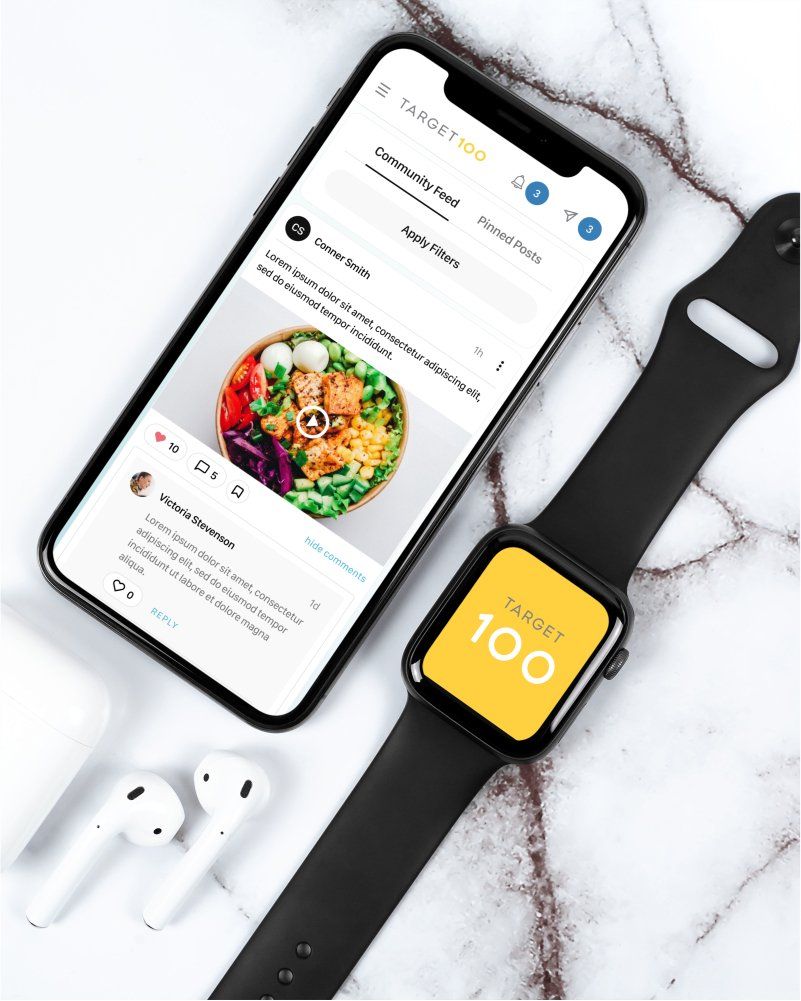Should you build a web or mobile app?
As the head of Business Development for Tanooki Labs, I speak to hundreds of startup founders every year about the products they’re looking to build or expand. One of the most common dilemmas faced, particularly by first-time non-technical founders, is whether to build their product as an app or for the web. First-time founders in particular are drawn (or generally coerced) to first building an app, as they believe that an app is still seen as a “real startup”, whereas building for the web isn’t. Some investors often share this view, and we’ve found that agencies will want the excitement (and often higher project fees) of building a native app.
At Tanooki, we pride ourselves by functioning a little differently from other agencies. We’re allergic to spending too much of your money and to us, the answer to the “app or web” question is almost always: “It depends”. Let’s dive in.

When to build an app
Let’s face it: building an app still feels like you’re part of a ‘real startup’. And there’s something inherently intimate about being on the user’s phone that’s intoxicating for many startups (not to mention the promise of all that data that can be used or sold to help support the app). But, despite the appeal, the data tells a different story. Most apps don’t get installed in great numbers, and even when they do, they struggle to retain users. Even in a category like digital banking where you’d imagine people are more likely to stick with an app,
the retention rate after 24 hours is 30%, and that drops to ~10% at day 30. This is because every app needs to have a return value (i.e., a reason for the user to return); otherwise, it will be at best abandoned and at worst deleted. Let’s not forget that the average user has roughly 40-80 apps installed, but only uses ~10 of them.
Given the high bar for installing an app on your device, here are some reasons that you should look to an app-first model:
If your product gets its value from data that’s easier to get from a phone (e.g., geo-location). Saturday - an app that promotes spontaneous gatherings with nearby friends - is a great example of this. Generating a map of your contacts' locations and creating spur-of-the-moment meet-ups could of course be captured on the web, but it’s much easier to do so on the phone. Another great example is the pool testing app from HTH Pools Test to Swim which relies on your device’s camera to scan a testing strip to provide water treatment recommendations.
If your product requires or leans heavily on time-sensitive engagement, then the phone is almost always a better option. An excellent example is a product that prompts users to input data in a timely manner, such as Target 100. Making sure that you have a means to update food intake and/or exercise is key to the product.
If your product is designed to allow users to engage with it offline. Products whose users can engage even when offline, such as The Information, will benefit greatly from having a place on the phone.
When a web app or website fits the bill
The other angle is to focus on a web-first approach. As founders are working through product development, they should think about their ideal user and how they’re going to engage with the product and build and design around that user.
Here are a few situations when a web app has some distinct advantages:
It’s better for data-intensive business products. It’s not that a product like Quadrant Wealth’s wealth management platform couldn’t work on a mobile device (in fact, we’ve worked to ensure that it is mobile-friendly), but just like Excel spreadsheets aren’t ideal to use on your phone, you also probably wouldn’t want to work with a mobile-first financial services reporting tool.

Superior cross-device compatibility. While we love React Native (and use it to build robust apps for both iOS and Android), when it comes to offering true full-featured cross-device compatibility, nothing beats the mobile web.
No app store reviews! Something that most startups don’t give enough attention to is that when it comes to apps there’s always another layer of approvals to get through: the app store itself. In general, these approvals can be a good thing, and they do help to keep app stores from releasing malicious apps. However, there are plenty of
horror stories about app store rejections for apps that really have no reason to be rejected. There’s also the fact that reviews can come on almost any update of the app, which can hamstring a startup that’s trying to react quickly to market demand. It’s hard to ship an update that your users are looking for if the app store rejects the build.
Of course, there are pluses and minuses for both developing apps and focusing on the web. And any truly successful venture is at some point likely to have both up and running, adding a whole other layer of complexity to the mix. This is why, as your partners, we’re here to help you figure out what’s best for you, your startup, and your budget.
Contact Us
Thanks so much for reaching out!
Someone from Tanooki Labs will be reaching out to you shortly to find a time to talk in the next few days.
In the meantime feel free to find out a little more about how we work with entrepreneurs to help bring their products to life.
Or, take a look at some of our capabilities and past projects.
Sorry, there was an error sending your message.
Please try again later.
All Rights Reserved • Tanooki Labs LLC



